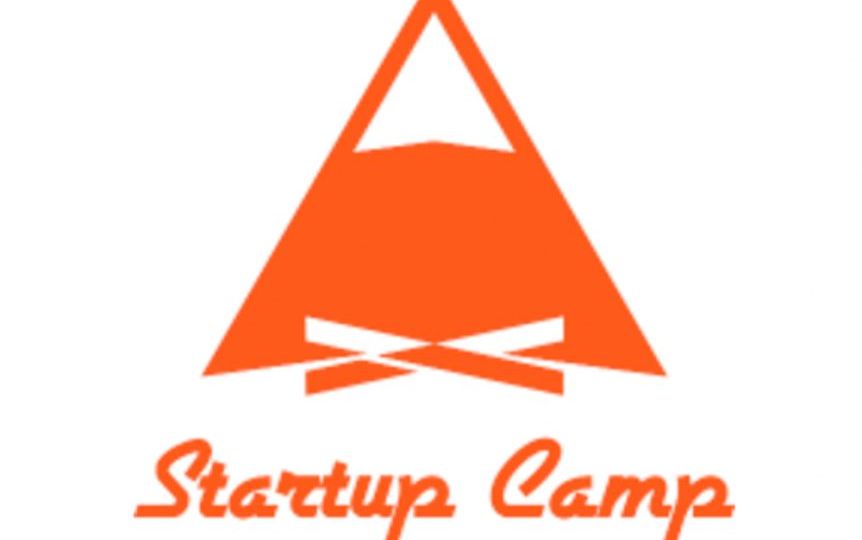
Last weekend I helped mentor about 80 Portland high school students during StartUp Camp 2017. Wow, what an experience! Some of the businesses developed during the two and a half days were very impressive and compelling. An automated drug dispensing capsule to combat drug overuse. A restaurant finder app that guides diners with allergies to places they will be able to choose from the menu. There were six other equally compelling businesses created.
Key Learnings
Creating a new business in two and a half days (in fact more like two) is an incredible accomplishment. As a mentor, I got an inside view to how the teams did it. I noted a few key things we can all put to good use.
- Passion leads to commitment. The leaders of the teams were very passionate about the issues their products were aiming to solve. This passion was evident in how they talked about their venture and it rubbed off on team members who I observed shared a high level of commitment to achieve the leaders vision.
- Team members chose their team. Many roles on corporate teams are filled by people because it is expected of them. They might be the expert on a topic or they were volunteered by their boss. The StartUp Camp team members chose businesses that aligned with their interests and passions. I didn’t see any student disinterested in their team. Is that true in the corporate world?
- Team members knew their roles. On the most effective teams, I noticed small sub-groups had formed. A sub-group might be handling programming, another doing customer validation. This divide, team-up and conquer approach seemed to work very well, especially given the tight timeline.
- Time constraints drove creativity and focus. Each team had the no more than two days to create a business and pitch it to the judges. Creating a business in 2 days sounds impossible. Try reframing the challenge by asking yourself what can be done in that time? You will be surprised at what is possible. It forces to focus on only the most important items and keep things simple. This also strips away all of the extraneous stuff that normally muddies the water.
- Keep it simple. Each team created an MVP (Minimum Viable Product). These were very rough working prototypes, and sufficiently capable for the audience to visualize the product. When you can see something, you can associate with it and give feedback leading to incremental improvements. Talking about it doesn’t generate the same impression and value.
- Perfect practice makes perfect. On the final night, each CEO pitched their idea to a panel of judges and the audience. They did a great job and it would be easy to think, ‘oh, these kids are just naturals’. The reality is very different, each CEO spent a large part of the last day practicing, practicing and then practicing some more, to get their pitches to be most effective. They listened to feedback and incorporated it to improve. High performance rarely comes naturally, it comes from hard work focused on the right things.
- Ask for help when you need it. Every team asked for help from the mentor community. There were no dumb questions, if the kids didn’t know they asked. Some of these questions didn’t have an obvious answer. As mentors, we sometimes all came up with different responses. I’m glad the students had the courage to admit when they didn’t know. Of course, in the adult corporate world, we always admit when we don’t know, isn’t that right?
- The goal is learning. The real goal for these teams was to learn, and by focusing on doing, they learned a lot through experience! While we might truly be stuck and not know the way forward, we can generate breakthroughs by taking action. This is spirit of seeing what happens. After all, we wouldn’t be stuck if we knew what was going to happen. Doing nothing won’t get us unstuck.
Now it is your turn. What business will you create next weekend?

